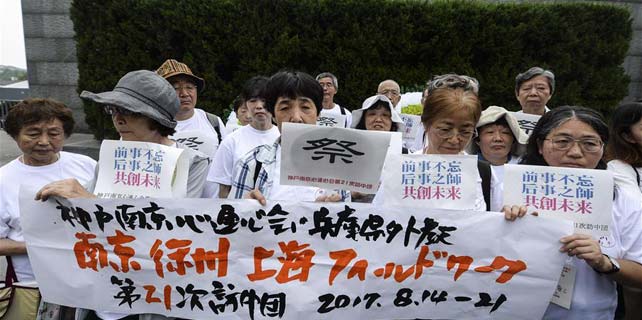Bhutanese said to resent impact of India border move into China
As the border standoff between China and India enters a third month, people in Bhutan have shown resentment toward India's action, according to a New York Times report.
In an article from Bhutan published on Wednesday, Times' reporter Steven Lee Myers wrote that the standoff has inflamed festering resentments over India's influence in Bhutan.
"In particular, many suspect that India has sought to block Bhutan's efforts to establish diplomatic relations and expand trade with Beijing, fearing that a rapprochement could remove the strategic buffer that Bhutan provides," Myers wrote.
He quoted Wangcha Sangey, a former publisher and head of the Chamber of Commerce and Industry, as saying that "Bhutan has every right to its sovereignty; that's the crux of the thing."
"We have the right to live the way we want to live and to have the foreign relations we want to have," said Sangey, an outspoken critic of India's interference.
According to Myers, when India ordered its troops across the border on June 16, it seemed to do so without a request from Bhutan.
The area of the current standoff is strategically significant, overlooking a narrow Indian valley, called by India as Chicken Neck, that connects central India to its landlocked northeastern states.
In Beijing on Wednesday, Foreign Ministry spokeswoman Hua Chunying reiterated that China's stance has been crystal clear and firm.
"The Indian side should immediately pull out all the
personnel and equipment that have illegally crossed the boundary," she told a daily briefing, adding that it is the basis and prerequisite for the settlement of this incident.
Hua said the Chinese border troops have been patrolling in the Chinese side of the Line of Actual Control. "The Chinese side urges the Indian side to abide by the relevant agreements and treaties between China and India and faithfully safeguard peace and stability in the border areas of the two countries," she said.
While India claims it is acting on Bhutan's behalf in the standoff, Myers wrote that its intervention hasn't resulted in much gratitude there. On the contrary, many in Bhutan feel that India's protective embrace has become suffocating, he wrote.
"In the case of war between India and China, we would be the meat in the sandwich," Pema Gyamtsho, a leader of the opposition party in Bhutan's National Assembly, was quoted by Myers as saying. "It shouldn't have to be a choice," he added, referring to his nation's ties with India and China, "but it is at the moment."
Myers noted that Bhutanese officials have maintained a pointed silence, preferring ambiguity to the risk of offending either India or China.
He wrote that many people he interviewed in Bhutan expressed more concern about India's actions than China's. Some noted that one effect of India's move - intended or not - has been to undermine border negotiations with China that could have cleared the way for closer economic ties.
Myers, now a correspondent at the Times' Beijing bureau, was the paper's former Moscow bureau chief and has worked for the paper since 1989.
chenweihua@chinadailyusa.com
















